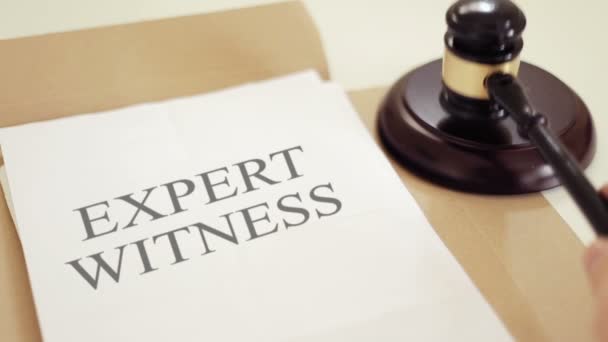
Courts do not typically allow opinion testimony. However, those with expertise in a specific field may be asked to testify as experts. For example, an expert witness banking may be sought out for a lawsuit that involves banking practices.
Who They Are
Expert witnesses have extensive knowledge and experience in a specific field. Industry professionals are typically called as experts. Although they typically have degrees in their fields, witnesses without higher education in the field may qualify for service if they have extensive experience.
What They Do
Expert witnesses analyze case data and use scientific processes to develop their opinions. They also present complicated information in a way that nonexperts can understand it. For example, a banking witness may present banking regulations and practices to jurors without any banking knowledge in a way that they understand them. Legal professionals often need expert witnesses to analyze data and provide opinions on evidence.
What They Need
In addition to advanced degrees or extensive experience in their areas of expertise, they also should have some knowledge of the legal process. Because they must present information to a wide variety of audiences with varying educations and knowledge about their area of expertise, they must be excellent communicators. Those with teaching experience are often in higher demand. They also need to have a professional appearance and demeanor.
Where Are They
Expert witnesses can be found in higher-education classrooms or as managers and executives in the workforce. They may also be available through consulting and litigation support firms.
When They Should Be Used
If your case requires the technical analysis of data, you should involve an expert as soon as possible. Although multiple expert witnesses can be used in a case, too many can complicate the testimony and case. Instead, focus on one witness that has the expertise you need.
If you are trying a complicated case or need help distilling data, consider consulting an expert witness.